



Manoj Kumar, Co-founder & CEO, Araku Coffee
 Manoj Kumar, Co-founder & CEO, Araku Coffee
Manoj Kumar, Co-founder & CEO, Araku Coffee
A brand’s transparency and integrity will determine its future: Consumer behaviour has evolved from the singular association of luxury with quality and aesthetics to an increased focus on a brand’s transparency, integrity, sustainability and ethical credentials, both in the final product as well as the practices. This new perspective has been at the core of Araku Coffee.
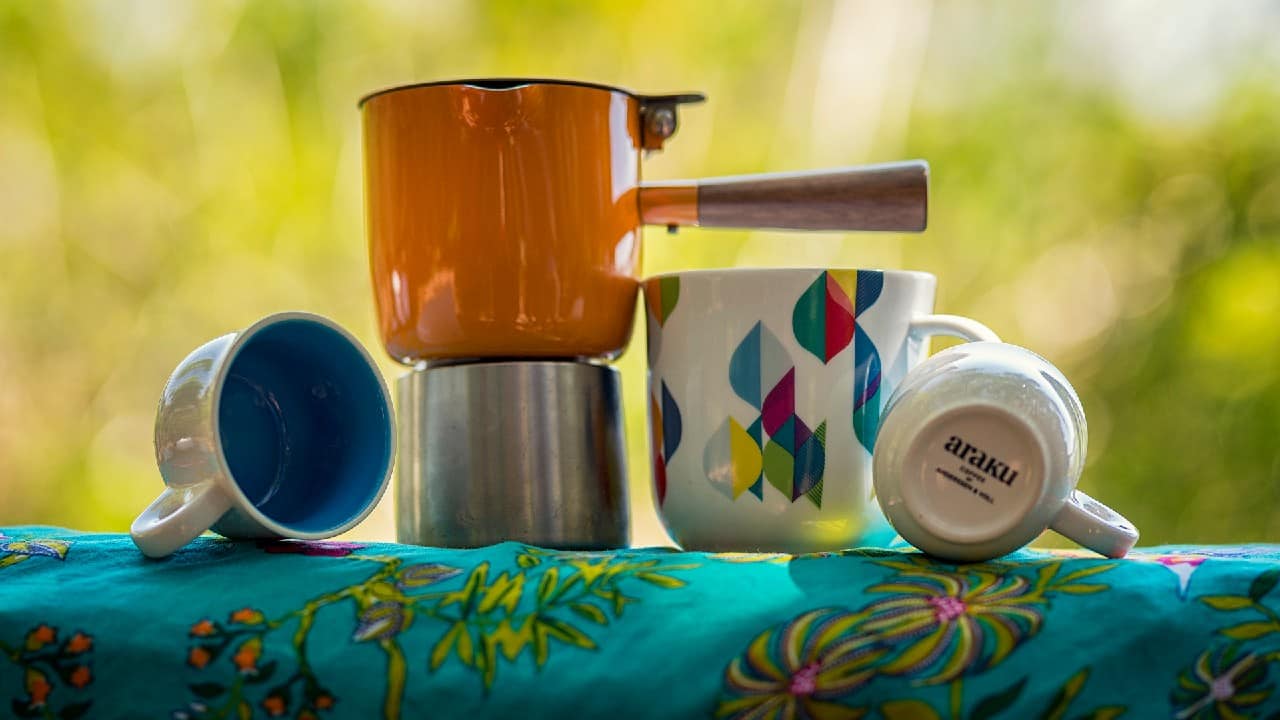
The pandemic has given birth to a ‘woke’ consumer: It has created, what I call, the #KnowYourFoodGeneration. People are curious to learn more about where their food comes from. Particularly in the F&B space, this ‘woke’ consumer is keen to learn and understand food quality, its health benefits and nutrition level. The consumer of today is asking serious questions about how the food was grown, what went into the making of it and at what cost was it made. At Araku Coffee, the entire chain, from seed to cup, is controlled, monitored and carefully designed to ensure consistent, high-quality yield year on year.
Climate change is not just another word: In the making of Araku Coffee we are able to implement a syncretic approach to agriculture. At the Naandi Foundation, we have created a unique style of agriculture that goes beyond organic agriculture, holistically embracing biodynamic practices. We work with over 100,000 tribal farmers in the Araku valley. In the case of coffee, this pursuit of excellence started with understanding the soil and its microbes and synchronised farm practices of regenerative agriculture to create the best coffee in the world, with international expertise. There is a greater awareness of the environment and climate change. People are beginning to realise that food, and beverage can be big change agent to combat climate change. There is greater sensitivity to ecology and carbon footprint.
Online buying, triggered by social distancing, ensured consistent sales: Our month-on-month sales have increased by 3x. This allowed consumers to learn about their favourite coffee along with the art of brewing.
Coffee cafes will survive the pandemic: At our upcoming experiential cafe in Bengaluru, people will learn more about coffee and food. It will go beyond the sensorial experience of a traditional cafe and dive into knowledge creation about food and consumer choices. We are hoping to create a kind of pedagogical, inclusive and inspiring space. We hope to use this experience centre to augment our online sales and ensure people continue to practice the ritual of brewing at home.
Experiential purchase dominates Indian consumer behaviour: Having said that, there are many limitations on replicating luxury experiences without diluting the brand, particularly when we are trying to uproot age-old coffee drinking habits. We hope to be a harbinger of change in elevating cafes from places where you meet for WiFi and conversations over a single cup of cappuccino. Araku Coffee will be the epicentre for coffee connoisseurs, a place to learn about coffee and food, the art of coffeeology and to get inspired. These spaces will combine the opportunity to socialise with knowledge creation, trigger conscious food choices, and showcase design and aesthetics to inspire you. Hopefully, #KnowYourFoodGeneration will come to the café to savour the best food and coffee and be part of a new food movement.
Dhiraj and Priti Sen Arora, Co-Founders, Karma Kettle
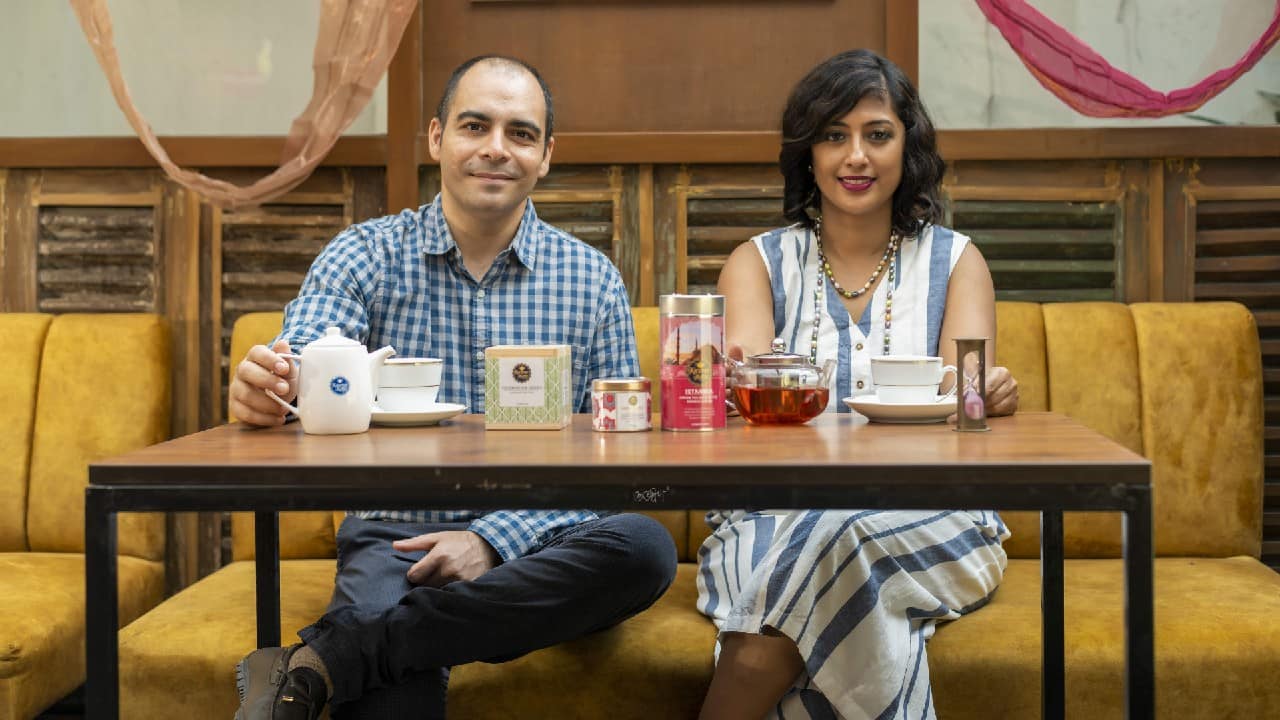 Dhiraj and Priti Sen Arora, Co-Founders, Karma Kettle
Dhiraj and Priti Sen Arora, Co-Founders, Karma Kettle
The rise of gourmet teas: Tea has traditionally been marketed as chai or CTC in India. However, with e-commerce platforms such as Amazon, Flipkart, Big Basket, Shopify, Tata Cliq and other gourmet and speciality e-commerce platforms, there are many new entrants in the speciality tea industry and a spiralling demand for speciality tea. Consumers can enjoy flavoured teas, kombuchas, cold brew teas, matcha, immunity and herbal blends in the convenience of their homes.
The sustainability factor: 2020 highlighted the need to move towards a more sustainable future. 2021 shall see tea companies such as ours move towards rolling out eco-friendly sustainable packaging — biodegradable teabags, muslin tea bags, improved packaging in paper tins, and dropping plastics from outer packaging.
The surge in wellness teas and organic chai: India, the market shall see more awareness and demand for organic tea varieties. Karma Kettle launched a certified organic chai collection, blending certified organic CTC blended with organic spices, such as Organic Cutting chai, Organic Suleimani Chai and Ayurvedic and Organic Chilli Chai. We shall see an increased demand for brew teas, kombuchas and sparkling teas.
The luxury end of the tea business will see big gains: Expect tea suffused with expensive ingredients such as saffron, gold and silver leaf, which aren’t just luxurious but also provide better immunity. Tea brands are also venturing into artisanal tea accompaniments. Chocolate and truffles, gourmet honey, cookies, essential oils, bespoke crockery…it is all likely to be part of the business. Customised luxury tea gifting with bespoke gift sets and customised teaware will become big business. Karma Kettle will collaborate with gourmet patisseries, confectionaries and chocolatiers in 2021. We are in talks for bespoke tea ceremony pottery and crockery ware to complete the luxury tea experience.
The COVID-19 pandemic has acted as a catalyst for change: Luxury brands need to focus on staying relevant. They should be able to deliver meaningful value and empower expressions of individual identities. For luxury brands to remain in sync with younger global luxury consumers, they will need to adapt and deliver digital experiences that are superior to what’s already available.
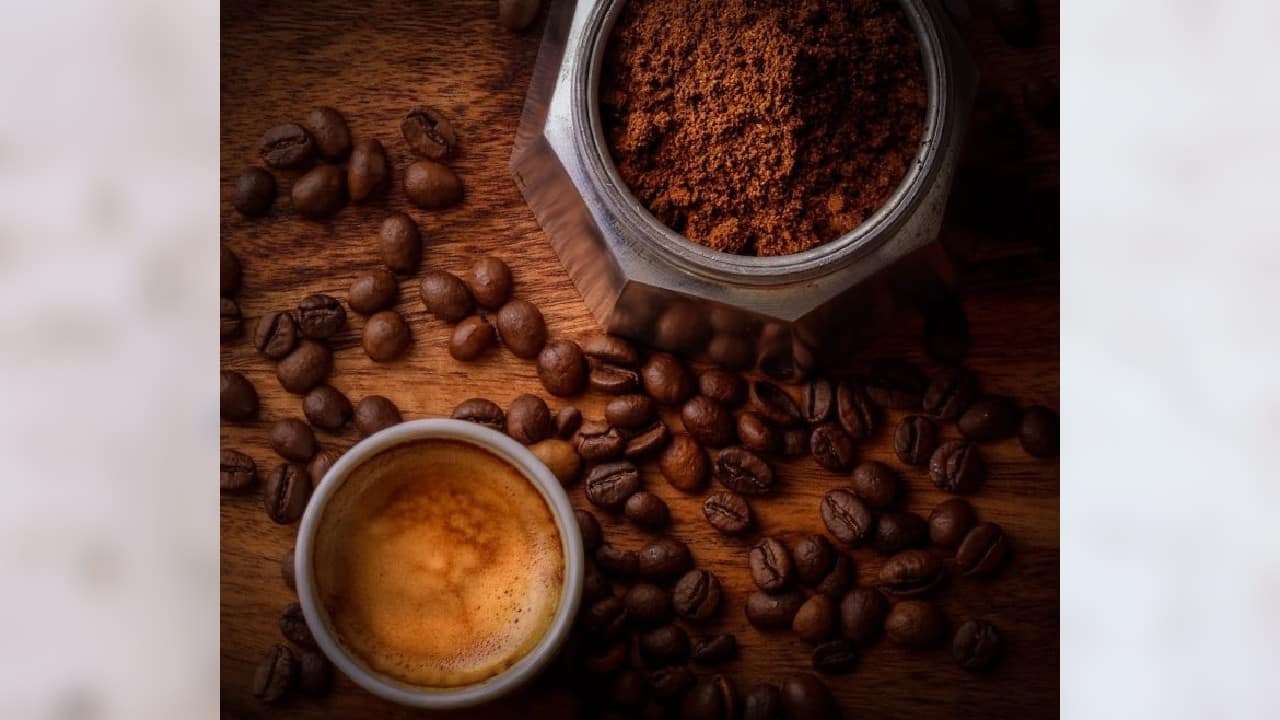
Nishant Sinha, Founder, Roastery Coffee
Cold-brew coffees are the new healthy choices: They lack the acidity of black coffee and are much in demand.
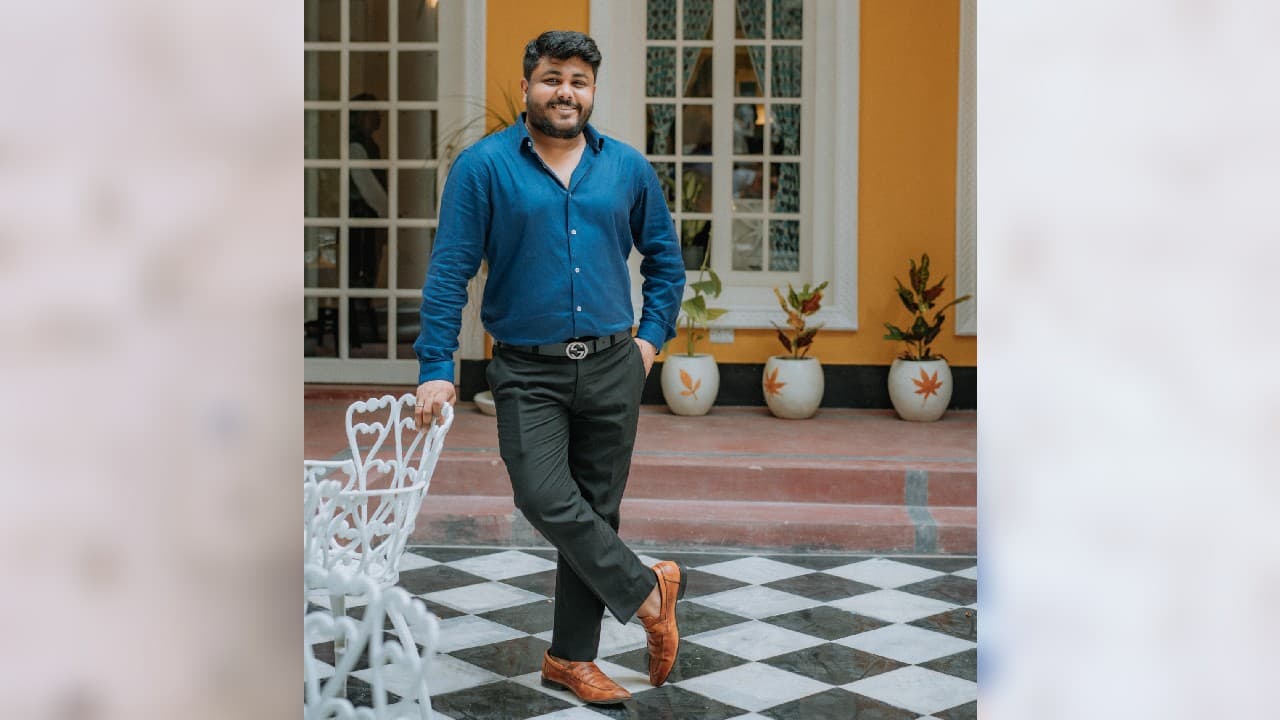 Nishant Sinha, Founder, Roastery Coffee
Nishant Sinha, Founder, Roastery Coffee
Home sales of gourmet coffee have shored up the industry: While the pandemic has adversely affected the cafes, the sale of gourmet coffee has increased. B2C consumption of Roastery Coffee sales has increased almost five to six times above the pandemic levels. The at-home brewing culture also defines the gourmet tea industry; people buy and brew gourmet tea at home now.
Navin Gurnaney, CEO, Tata Starbucks
 Navin Gurnaney, CEO, Tata Starbucks
Navin Gurnaney, CEO, Tata Starbucks
Luxury is creating experiences to enjoy in the convenience of your home: The definition encompasses superlative quality along with an emphasis on easy access.
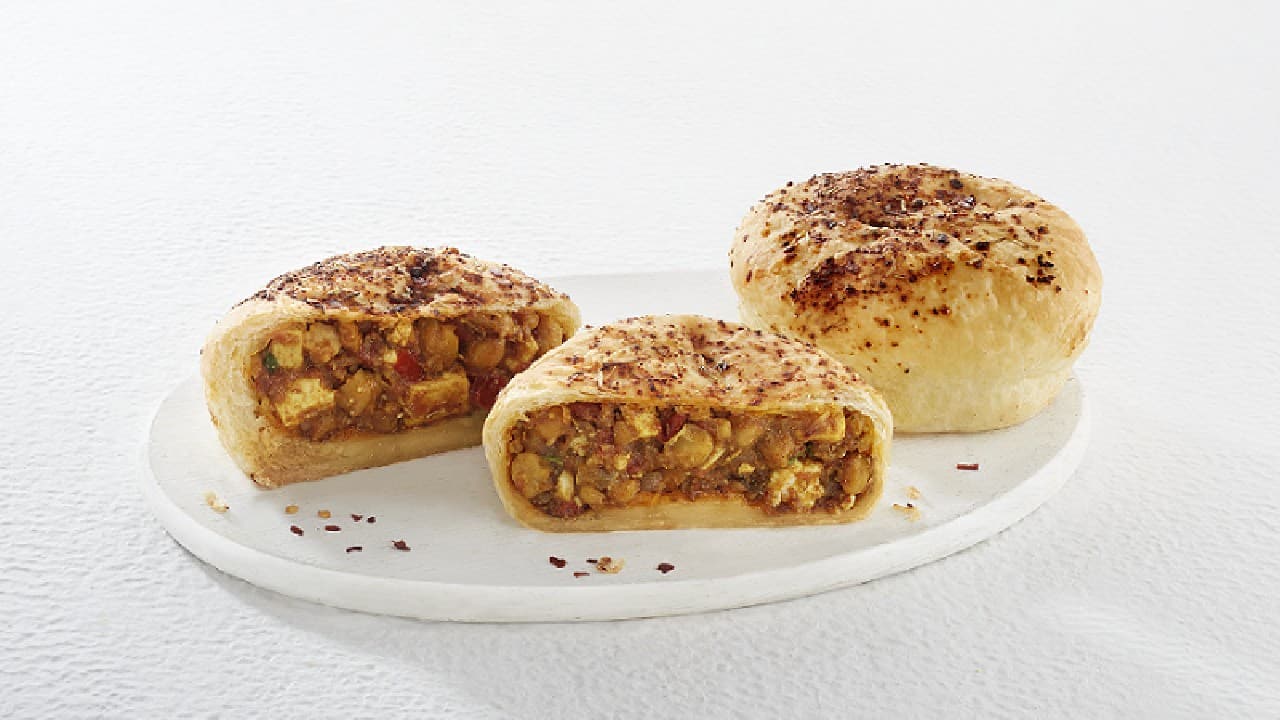
The spike in reliance on technology: Technology will prove to be a key accelerator for the F&B industry. Digitised payments and contactless delivery options will make it easier for F&B brands to reach the end consumer safely. Mobile apps that allow customers to order on-the-go, format innovations such as takeaway kiosks and drive-through will be popular. The industry will embrace technology to order on-the-go and new formats such as Drive-Thru. We have introduced Mobile Order and Pay and WhatsApp payments.
Curated consumer experiences will take centre-stage and hyper-personalisation will become a priority. We have curated a special new menu in collaboration with Chef Sanjeev Kapoor and TATA Sampann. The new menu comprises of delectable dishes which take inspiration from Indian flavours, such as Turmeric Brioche with Makhani dip; Chole Paneer Kulcha, a croissant-like pastry with a tangy stuffing made of Indian favourites Chole and Paneer; Red Poha with Coconut stew that combines rich flavours from the south and west India; Bhuna Murg pie combines spicy chicken and flaky puff pastry, and Masala Chicken croissant, a puff pastry with some masala chicken filling.
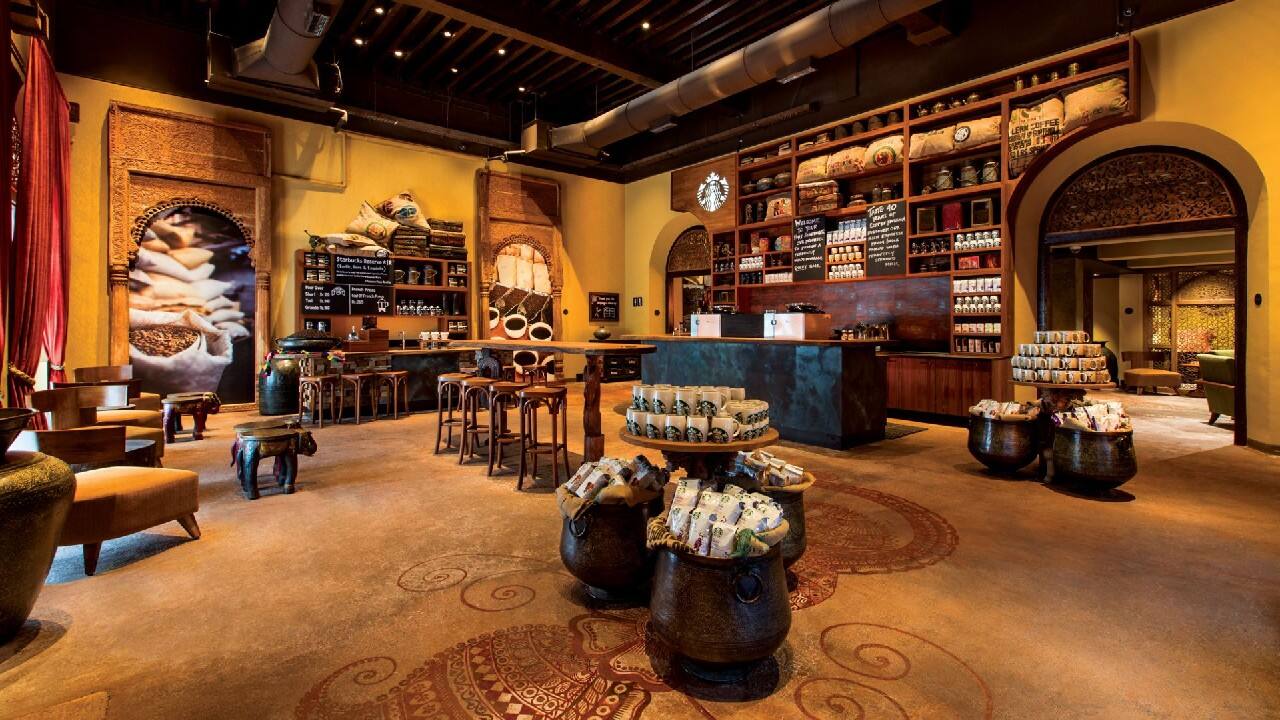 Starbucks India
Starbucks India
Delivery and omnichannel formats will continue to gain ground: At Starbucks, we have innovated through new products like the 1-litre beverages that customers can enjoy at home, beverage outreach programmes and food trucks that can make the Starbucks experience more ubiquitous.
Ajai Thandi, Co-founder, Sleepy Owl Coffee
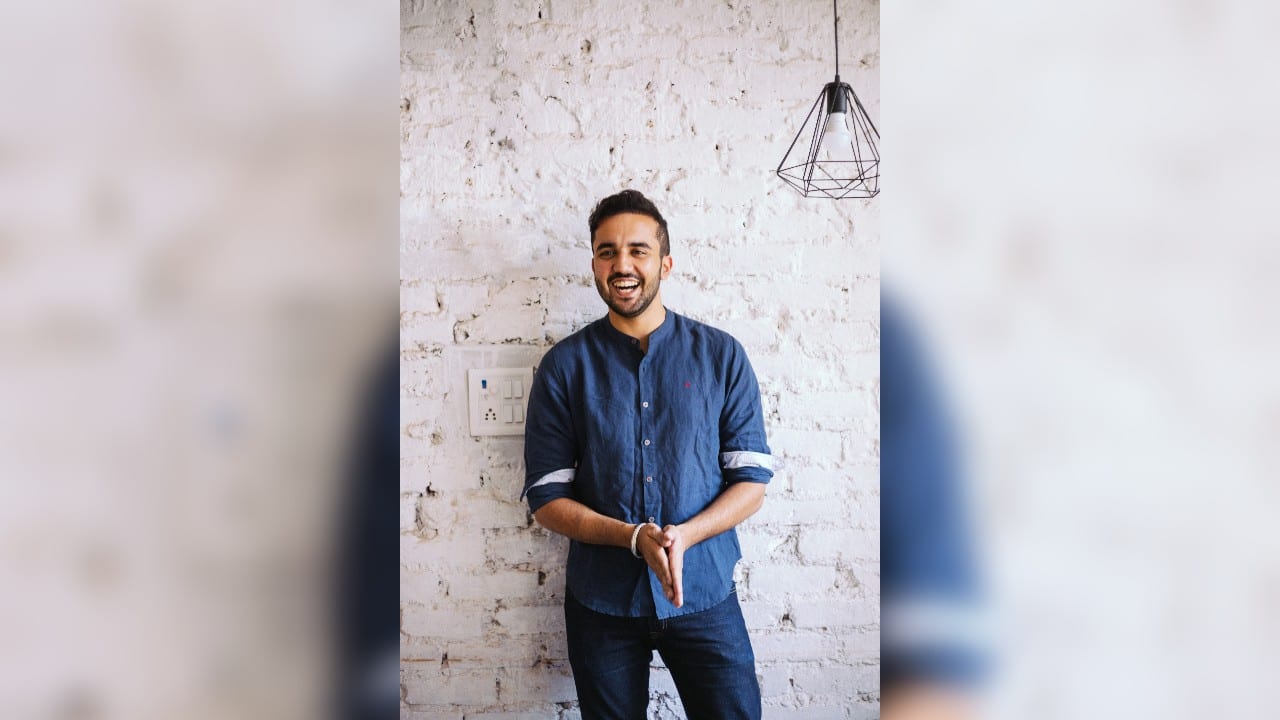 Ajai Thandi, Co-founder, Sleepy Owl Coffee
Ajai Thandi, Co-founder, Sleepy Owl Coffee
Real brewed coffee over artificial stuff is defining the gourmet coffee industry: Indian consumers have begun appreciating real, brewed coffee over instant stuff. It is very hard to go back to the instant kind once you've tasted real coffee. The trend is not restricted to Tier 1 cities and metros. The demand for real coffee is increasing in Tier 2 and 3 cities and towns. Over time, a significant segment of customers will move to brew their coffee.
The rise of local roasters: This is a huge shift for a tea-drinking nation such as ours. Consumers who have tried brewed coffee abroad are educating themselves about Indian coffee and are aware of the difference between a cup of real coffee made from good quality beans vs. instant coffee. There is no going back here and the positive shift is very encouraging for young coffee brands like ours.
People are their own baristas: During the initial days of the lockdown, when cafes were forced to stay shut, people experimented with their brews. The Dalgona trend was a classic example of it. Coffee consumers have realised the endless possibilities that exist when they brew their coffee. With a product like our Brew Packs, customers can control the brewing time, depending on how strong he/she likes their coffee, and add milk/alternatives per their flavours preferences.
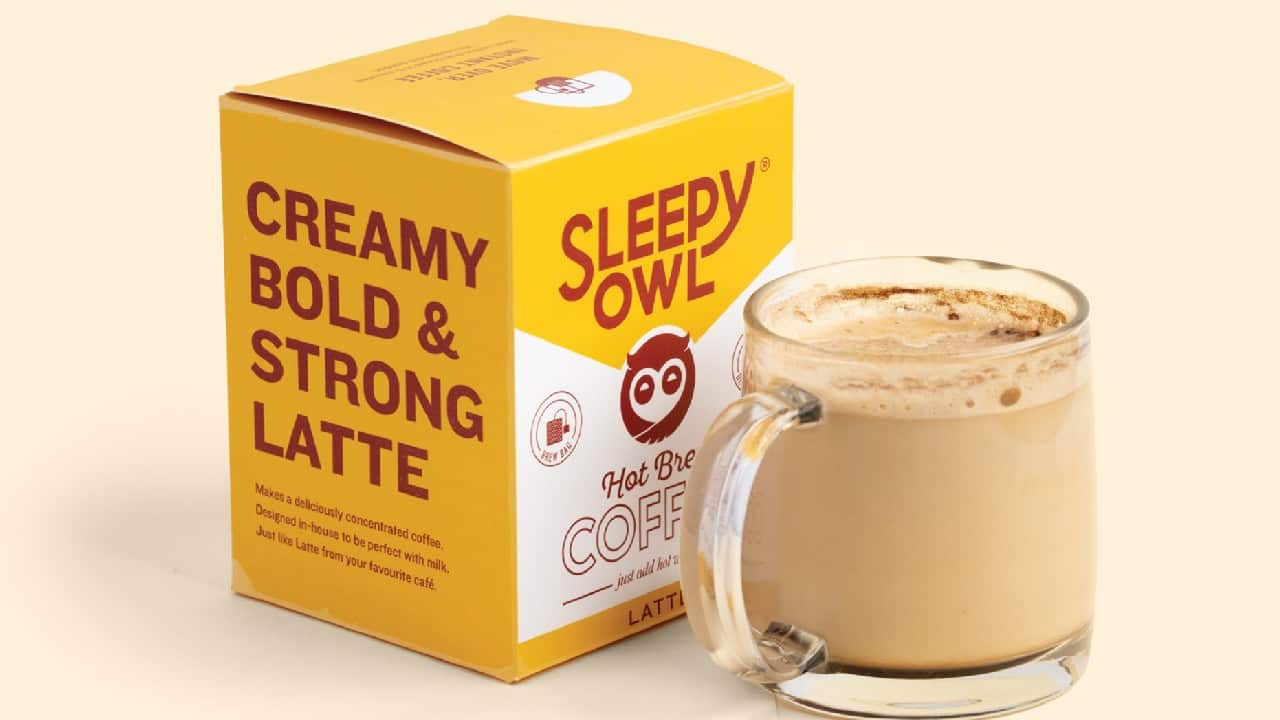 Sleepy Owl Coffee - Latte
Sleepy Owl Coffee - Latte
Working with local farmers: Many customers pay close attention to ethical and responsible sourcing practices. This has increased the appreciation for good-quality Indian coffee, which was more likely to be exported once. This change in mindset will help brands like us work more closely with Indian farmers and give them the credit they truly deserve.
DIY kits are the future of the industry: A customer could brew a fresh cup in 5 mins. For someone who goes through several cups in a day, this is a boon. A product like this can be carried anywhere in the world. Recently, we launched our Latte Brew Bags, which allows you to make a cafe-style latte with just some hot water and milk.
Educating the consumer: The majority of Indian consumers are still accustomed to instant coffee. The challenge lies in educating them on what we mean by real coffee, why the price is higher compared to what they've been used to, and how the flavour profile is significantly different. Often people are unable to understand why they would need to wait for 12 hours or more for a cup of coffee that comes out of our Cold Brew Packs. However, with coffee brands sharing their know-how, we are collectively changing this challenge into an opportunity.
Kausshal Dugarr, Founder & CEO, Teabox
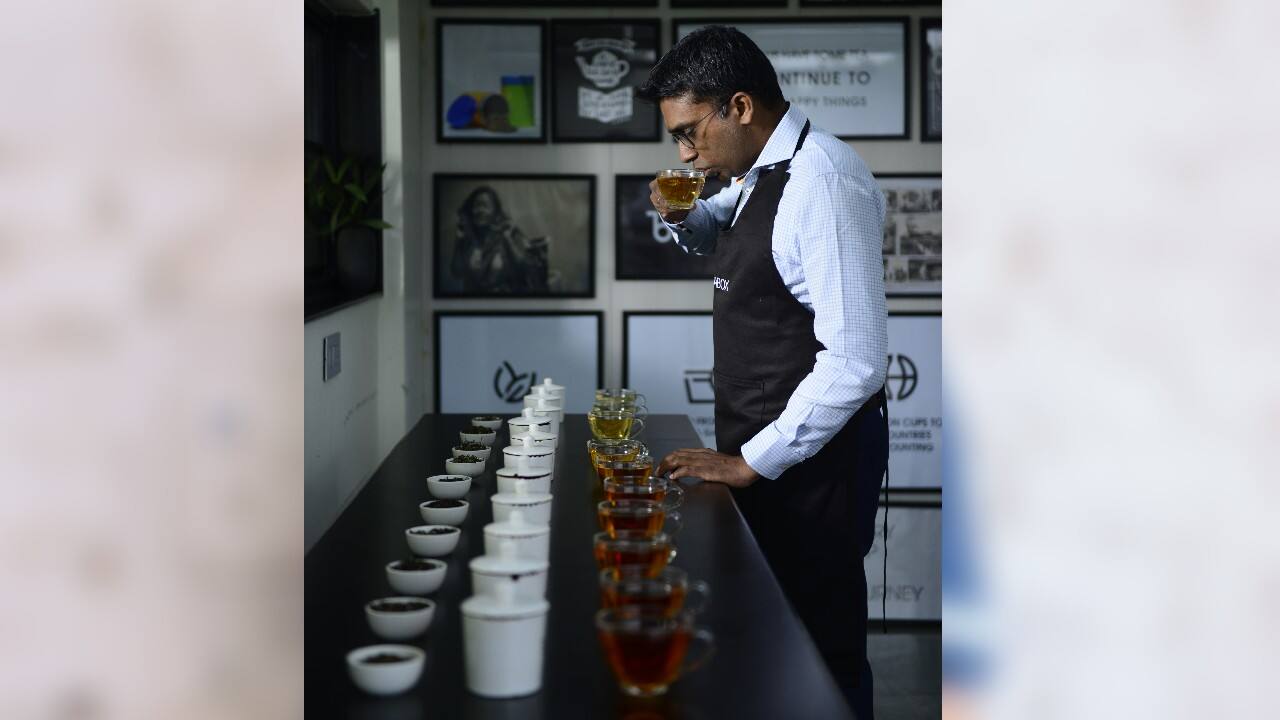 Kausshal Dugarr, Founder & CEO, Teabox
Kausshal Dugarr, Founder & CEO, Teabox
Home consumption of gourmet teas has seen a sharp rise: Post-COVID, there is a dramatic shift in the way consumers perceive luxury which will have a perceptible impact on the beverage segment. In the speciality teas segment, which commands a huge premium in world markets, we have witnessed a substantial pick-up in-home consumption.
The wellness aspect will steer the gourmet tea industry: People, still stuck at homes, are exploring healthier beverages that boost immunity and have antiviral properties. Teas, particularly black and green teas, are particularly rich in antioxidants such as Theaflavin-3 (TF-3). Connoisseurs still want their cup of exotic Moonlight White teas or a special cup of Muscatels, but they want to be doubly sure about the immunity-boosting aspects before confirming a purchase. We are coming up with newer offerings that fall into the wellness category. The teas are caffeine-free and help deal with common ailments such as stress, diabetes, obesity, digestive issues and several such.
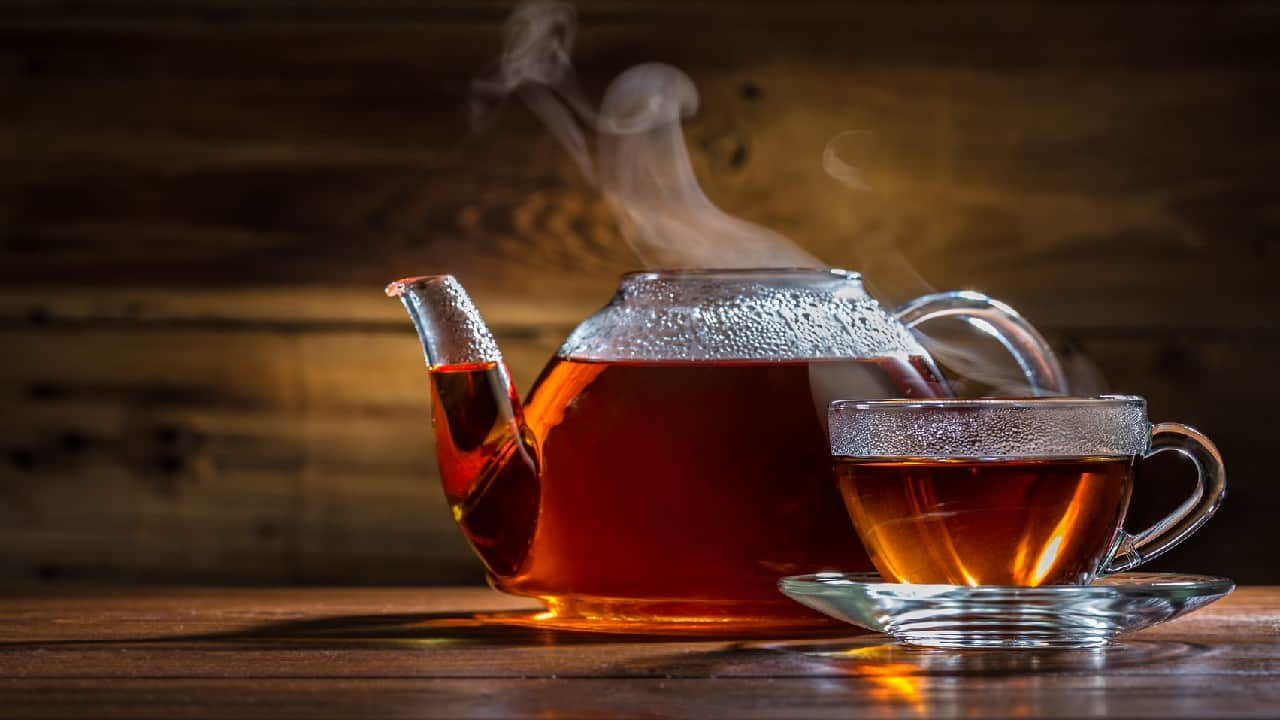 Gourmet Tea
Gourmet Tea
Tea is more than just a beverage; it is an experience: There is a significant shift in consumer attitude — they are open to experimenting with different varieties of teas, and understanding the history of the estate and the region in which the garden is located. Consumers ask questions about the provenance, which is a shift from the mass commodification of tea. We want our consumers to embark on a journey of discovery when they are having a speciality white or oolong tea, educate them about the origin of the teas they are drinking, the terroir in which the batch has been produced, and understand the subtle nuances of white and top-end orthodox black teas.
The digital push has helped the gourmet tea industry: We expect the Indian market to get stronger due to a large tech-enabled millennial population and widespread access to fast internet even in the urban and semi-urban cities across the country. At Teabox, we have used social media to engage with our customers, using social media advertising, innovative videos and ‘from the source’ messaging.
Tier-2 and Tier-3 markets are buying tea online: Pre-COVID, marketing speciality teas to a wider audience and creating a value proposition was never a focus area. In the COVID era, due to government-mandated lockdowns in destination markets, we have to deal with the closure of brick-and-mortar stores, shipment stuck in ports and stocks running dry in supermarkets. Several traditional tea businesses have built a website and listed their estates to reach out to consumers directly and have an online presence in an altered retail landscape. E-commerce sales are estimated to have spiked by as much as 30-40% in certain core sectors.
Gourmet tea brands need to ensure seamless navigation and check-out experience: Consumers expect more from the brand, better access to information, particularly about the competition in the segment. They expect to be treated the same way online as offline. Therein lies the challenge for brands to provide a similar purchase experience in the online model, build trust and sustain consumer interest.
Bala Sarda, Founder & CEO, VAHDAM India
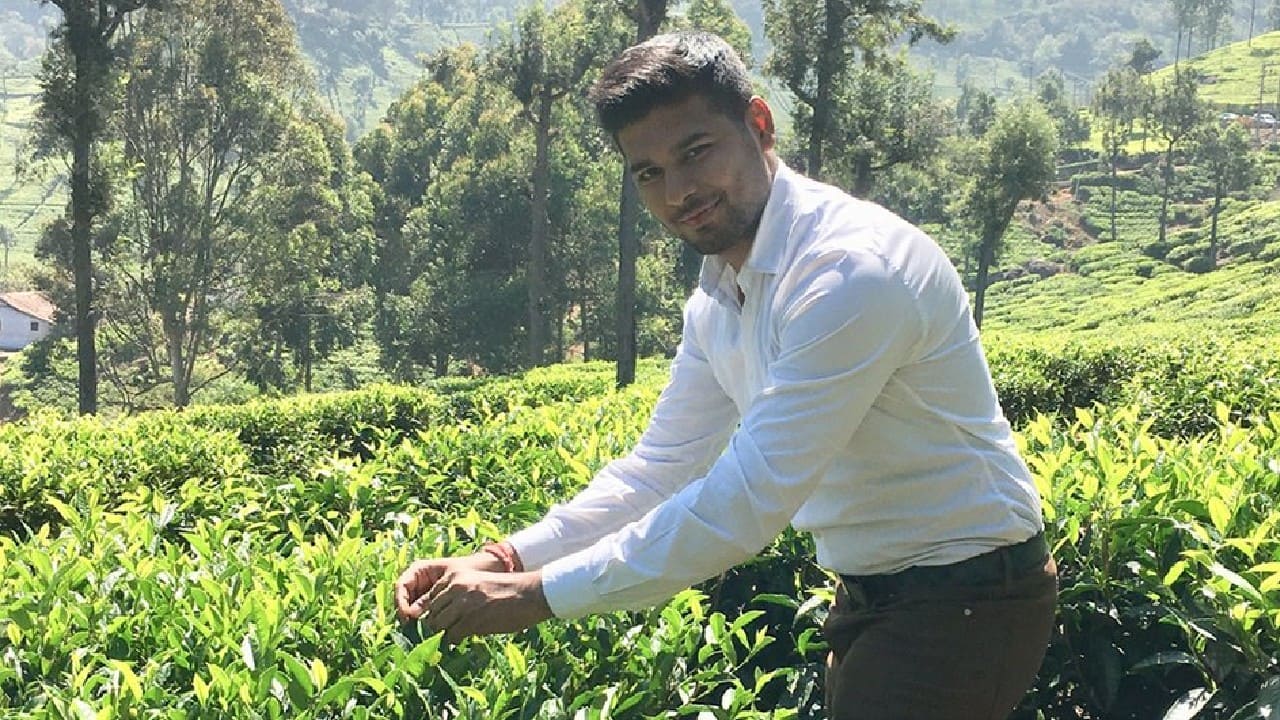 Bala Sarda, Founder & CEO, VAHDAM India
Bala Sarda, Founder & CEO, VAHDAM India
Locally-sourced, origin-based products are finding consumers: The crisis has ensured that local products are re-integrated into our lifestyles. I am convinced that this change will outlast the pandemic. Immunity is not an overnight journey, but a process. One needs to be consistent and make it a way of life.
Simple, natural, organic and holistic: The lockdown has made everyone re-discover and re-appreciate the timeless wisdom of the Indian way of life. With trends such as vocal for local, a plethora of Indian brands will rise in prominence. The pandemic has helped break long-time purchase habits irreversibly. Organic, natural and pure locally produced, processed and packed food and beverages will be the first choice.
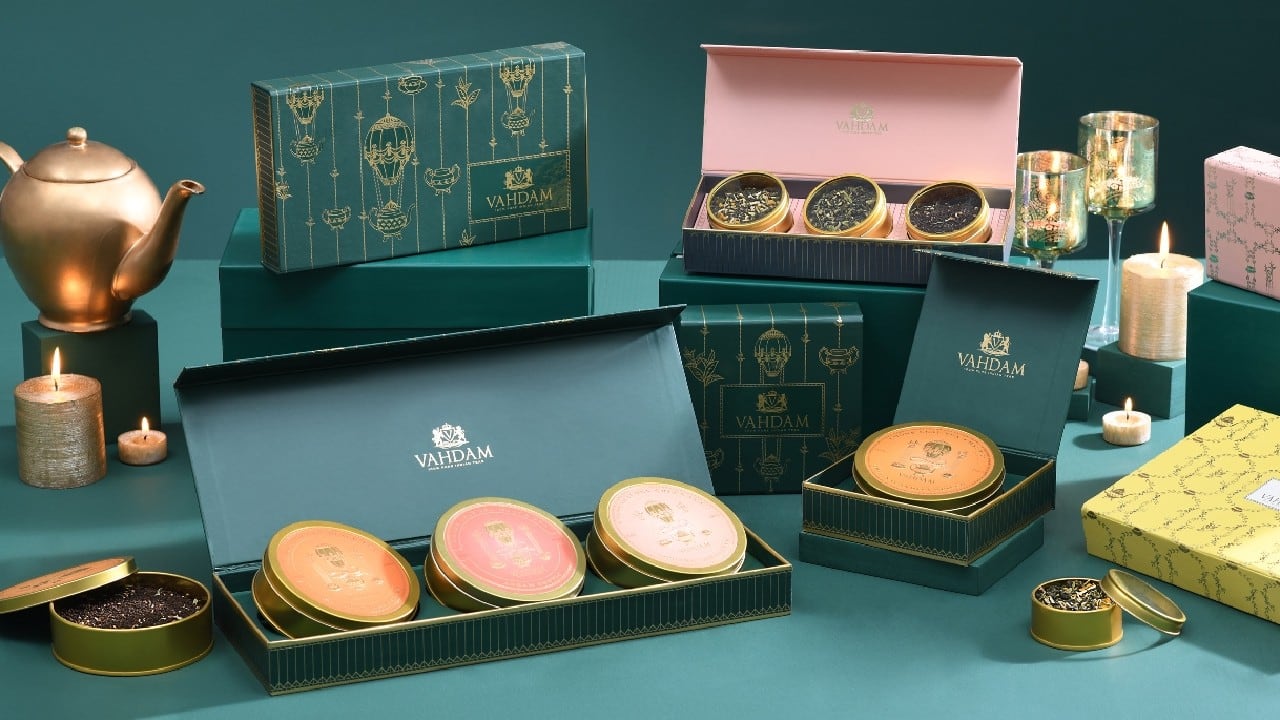 VAHDAM India -Gifts family shot
VAHDAM India -Gifts family shot
Brands will need to innovate constantly: They will have to evolve and pivot their businesses sharply as things change overnight. A higher-quality product will continue to be of paramount importance, so will focus on e-commerce. The online space offers consumers new offerings and a much wider variety of products. More importantly, brands will have to assume a new sense of responsibility, look beyond the product and incorporate sustainability into their narrative. VAHDAM is now a certified climate-neutral and plastic-neutral brand and directs 1 percent of its revenue towards the education of its tea growers’ children.
Anubha Jhawar, Founder, CELES TÉ
 Anubha Jhawar, Founder, CELES TÉ
Anubha Jhawar, Founder, CELES TÉ
In the beverage industry, taste and ‘tonic’ will find a balance: Consumers are conscious of their consumption and choose wisely before investing in any product, with health being the big caveat. There is more awareness about the surroundings and environment. Tea is no more just a beverage; it is considered as an elixir, a hope and a comforting tonic.
Wellness is not just defined by green tea: This is one of the common myths marketed by FMCG mass-market brands. But Oolong tea, White Tea, Black Tea, anything consumed without sugar and milk is healthy. As sommeliers, we now need to step in to address these misconceptions about tea and educate consumers of the benefits and the myths created by the giants.
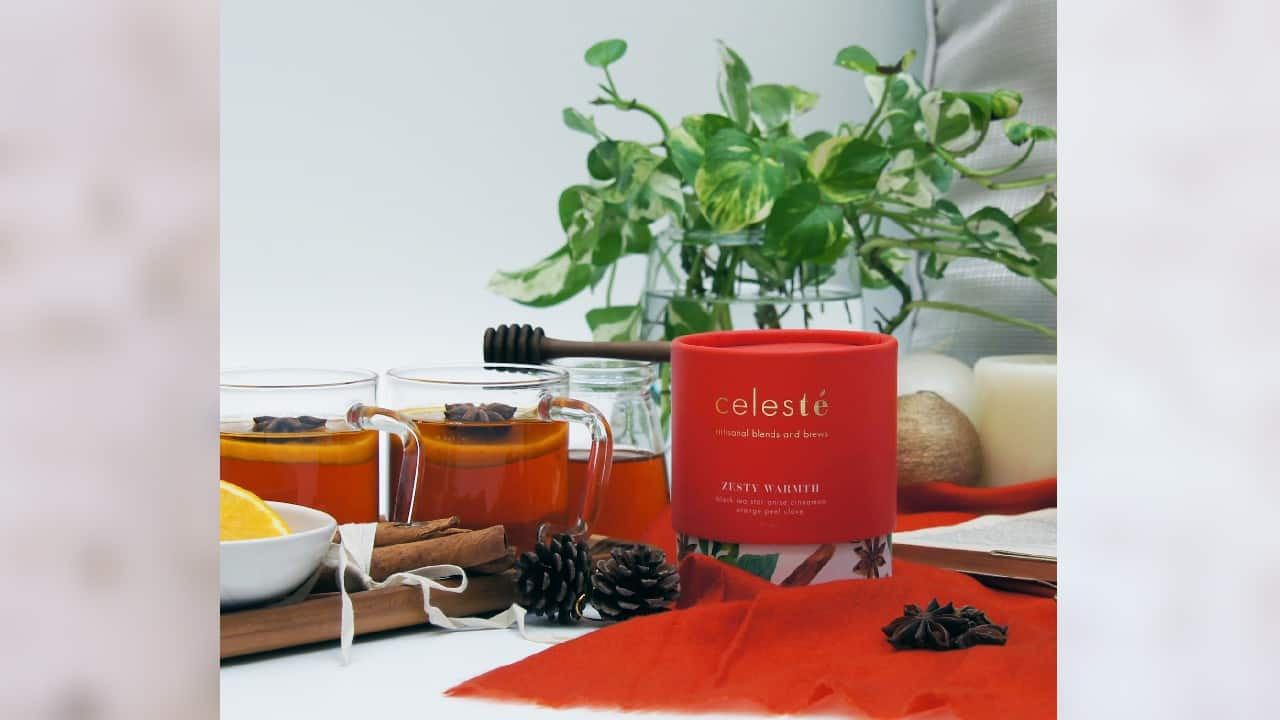 Celes Te Zesty Warmth
Celes Te Zesty Warmth
The beverage industry needs to plump for authenticity: The promise of authenticity and delivering what is being marketed is crucial. Beverage consumption should be an experience.
Discover the latest Business News, Sensex, and Nifty updates. Obtain Personal Finance insights, tax queries, and expert opinions on Moneycontrol or download the Moneycontrol App to stay updated!
Find the best of Al News in one place, specially curated for you every weekend.
Stay on top of the latest tech trends and biggest startup news.